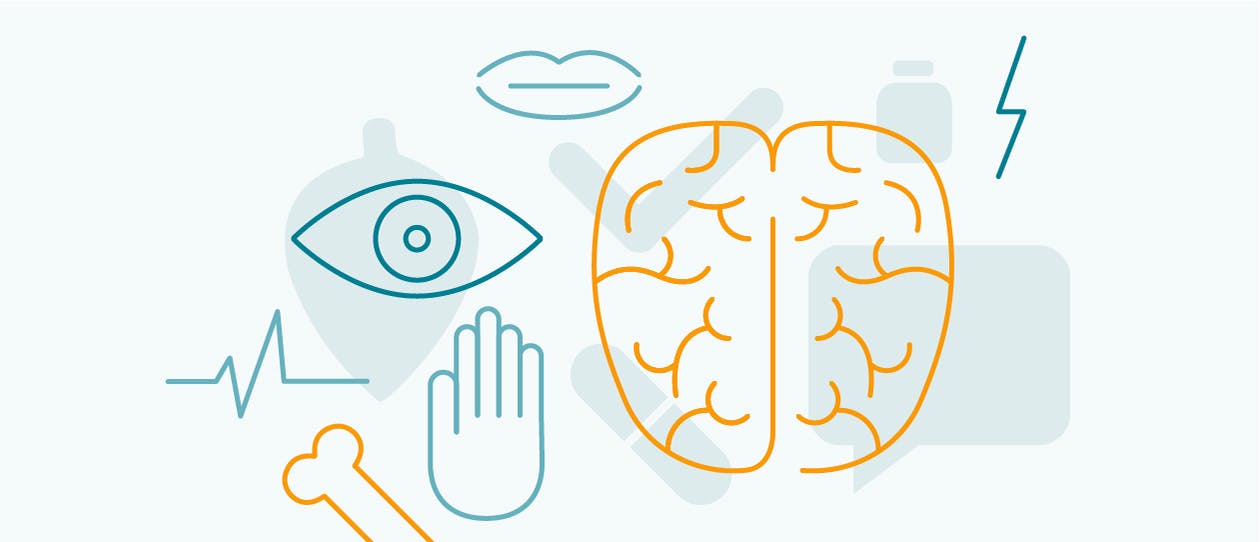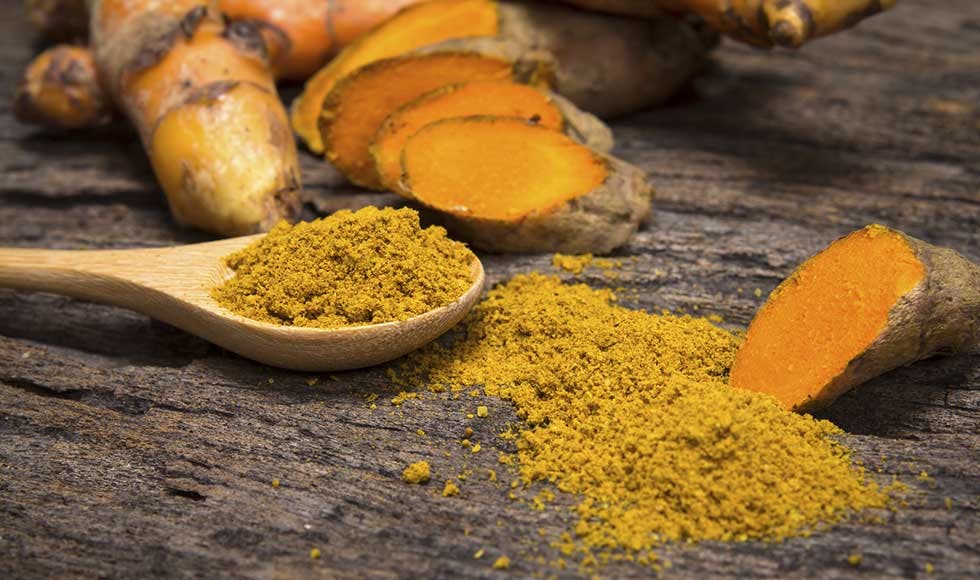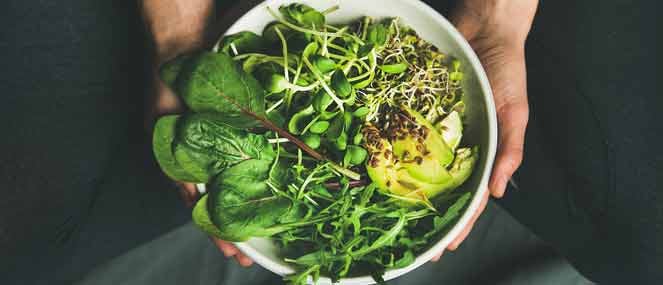
- Health hub/
- Arthritis, joint, bone & muscle/
- Chronic Pain: Your Guide Through the Symptoms


The term chronic pain is used to describe pain of long duration (three months or longer ), regardless of associated symptoms or cause. The pain may be present constantly, or may come and go over a long period. Flare-ups when the pain is more severe than normal may occur periodically, and are often unpredictable.
Back pain is the most common form of chronic pain, but other parts of the body that are often affected include the head (e.g. headache or migraine), face, legs and neck.
Chronic pain is often accompanied by fatigue, stress, tension and depression. Depending on the severity and type of pain involved, it may also impact on the sufferer’s appetite, body weight, sleeping patterns, daily activities, work, relationships and libido.
The long-term use of pain-relieving medications may leave sufferers at risk of adverse effects, and may limit their ability to develop coping skills that empower them to adjust to the pain. In addition, some painkillers become less effective when used over long periods of time.
Common causes of chronic pain include arthritis, back problems, injury, surgery, osteoporosis, and disease states such as cancer or the complications of diabetes (e.g. diabetic neuropathy). Work-related injuries may be responsible for as many as 20% of cases of chronic pain.
In some patients, no cause can be found, despite extensive medical investigation. In other cases, an underlying cause may be identified and rectified, but the pain persists regardless.
- Work with your healthcare professional to develop a pain management plan that involves pain relief medication (if necessary), appropriate supplementation, a healthy diet, natural therapies (like acupuncture and massage), and appropriate levels and types of activity. This integrated approach ensures that you have tools and techniques at your disposal ready to use when a flare up occurs.
- Your mental outlook has a significant impact on your quality of life, your perception of pain severity, and your ability to cope with it. Ask your healthcare professional about cognitive behavioural therapy, which can teach you valuable and effective coping skills.
- Regular massage may be helpful when the pain is in the soft tissues (muscles, tendons and ligaments), but may aggravate bone and joint pain.
- Stick to a healthy, nutritious diet that includes plenty of fresh fruit and vegetables, whole grains and legumes. Include plenty of omega-3 oils in your diet in order to take advantage of their anti-inflammatory properties. Good sources include fish (and fish oil capsules), flaxseeds (and flaxseed oil capsules), canola oil, and walnuts.
- Regular, restful sleep is important. Don’t try to burn the candle at both ends, as it may reduce your ability to cope and add to your fatigue.
- If you’re having difficulty coping, talk to a friend or healthcare professional about your frustrations and concerns.
- Don’t let pain rule your life. Where possible, find a way to participate in your favourite activities, even if it’s at a lower intensity than before. Also look for new hobbies and activities that are enjoyable without aggravating your pain levels.
- In particular, it’s important that remain physically active. Even those with restricted movement need regular exercise of some form, so work with your occupational therapist or physiotherapist to identify an exercise program that’s tailored to your personal circumstances. Regular exercise has benefits for many musculoskeletal problems, and also helps to maintain positive moods.
- Meditation, hypnotherapy, yoga and hydrotherapy may be beneficial for some people.
- Adhere carefully to your healthcare professional’s instructions about the use of pain-relieving medication. The aim is to minimise both the impact of the pain on your life, and the risk of adverse effects from medication, so don’t increase the dose except on your doctor’s advice. If you prefer to use natural remedies where possible, discuss your choices openly with your doctor. It is important that any possible interactions between pharmaceutical and natural medicines are monitored closely.




